Researchers have proven in the last few decades that what you eat directly correlates to how healthy and long you’ll live. But in a busy world, choosing the right things can be difficult when looking for nutrition and convenience.
According to a 30-year study, some ultra-processed foods have a higher risk of early death and long-term illness than others.
Ultra-Processed Foods
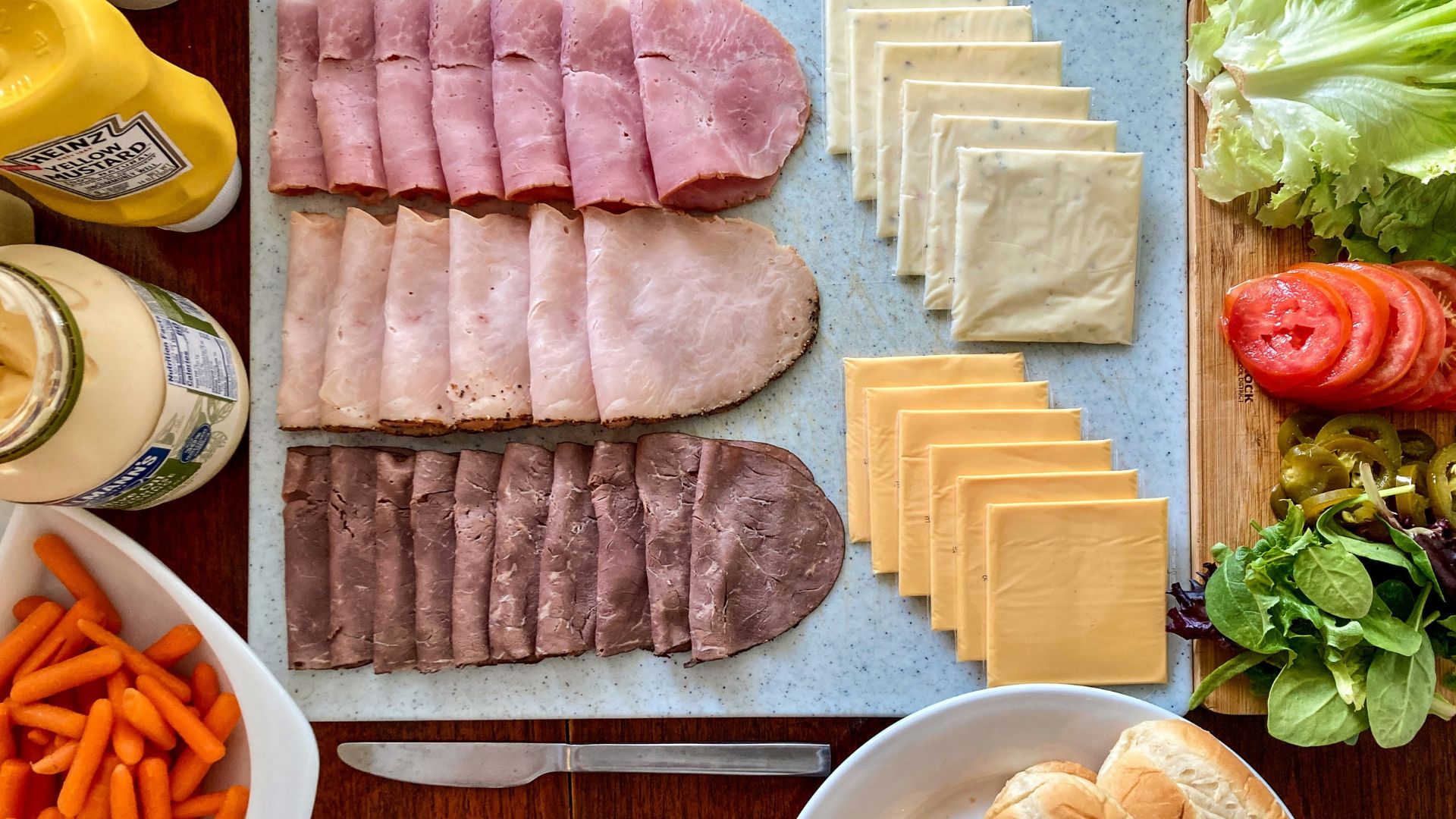
Some people might have their definitions, but ultra-processed foods generally contain ingredients that are “never or rarely used in home kitchens.”
Or if the food has any “additives whose function is to make the final product palatable or more appealing,” according to the Food and Agriculture Organization of the United Nations.
Preservatives, Preservatives, Preservatives…

Many ingredients that make foods more appealing, like added sugar, salt, and fats, almost always include the dreaded chemical preservatives.
Preservatives are a special class of food-safe ingredients that help packaged foods like chips, soups, nuggets, and ice cream stay stable on a shelf or fridge for longer. Many of the preservatives allowed in American food have already been banned around the globe for their harmful side effects.
Not All Processed Food Is the Same
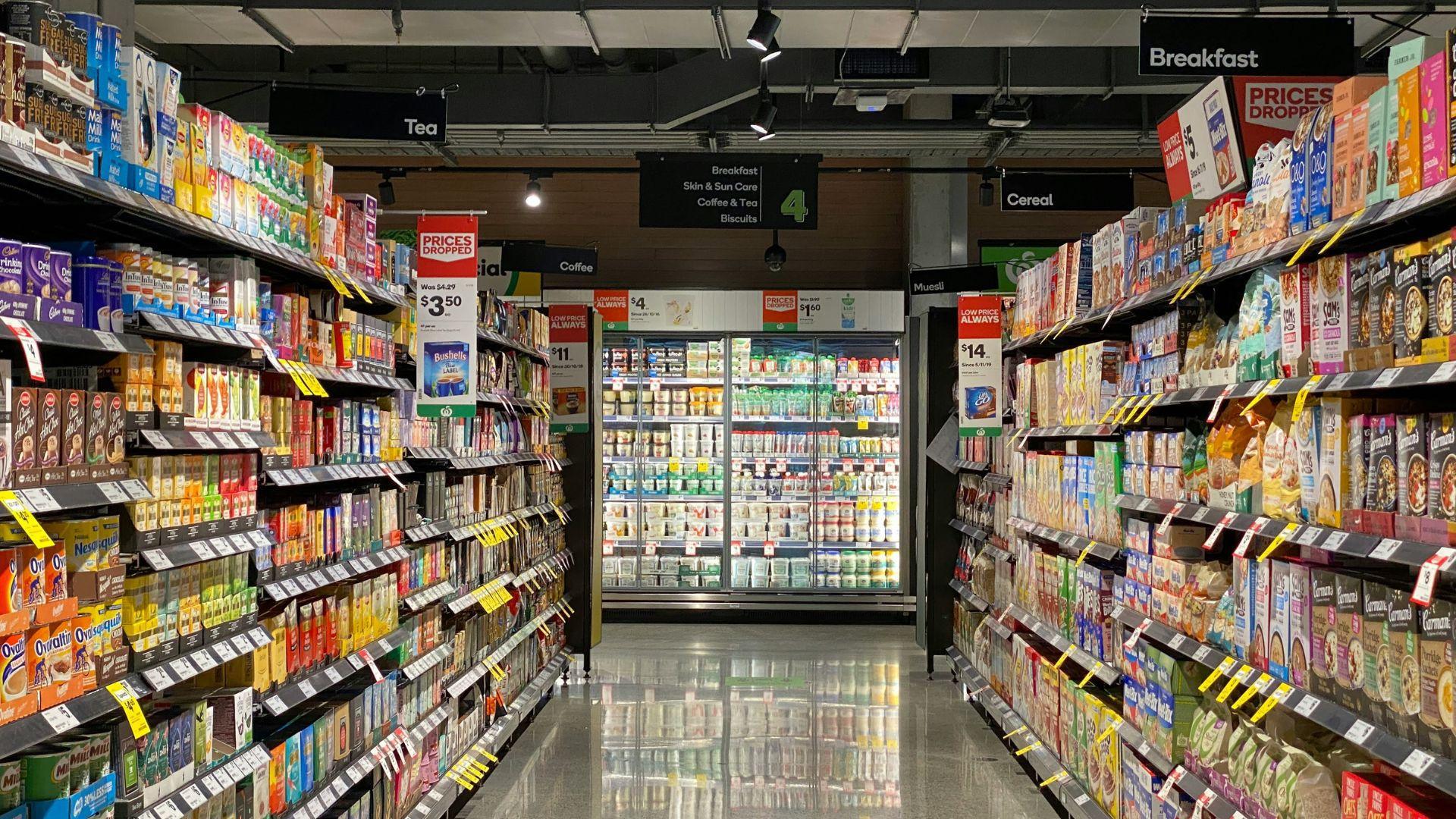
Researchers have now discovered how certain ultra-processed foods are worse than others.
Dr. Mingyang Song, associate professor of clinical epidemiology and nutrition at Harvard’s TH Chan School of Public Health and lead author of the study, says that processed meats and sugary foods and drinks don’t carry the same risk as ultra-processed whole grains, such as flour or quick oats.
Information About the Study
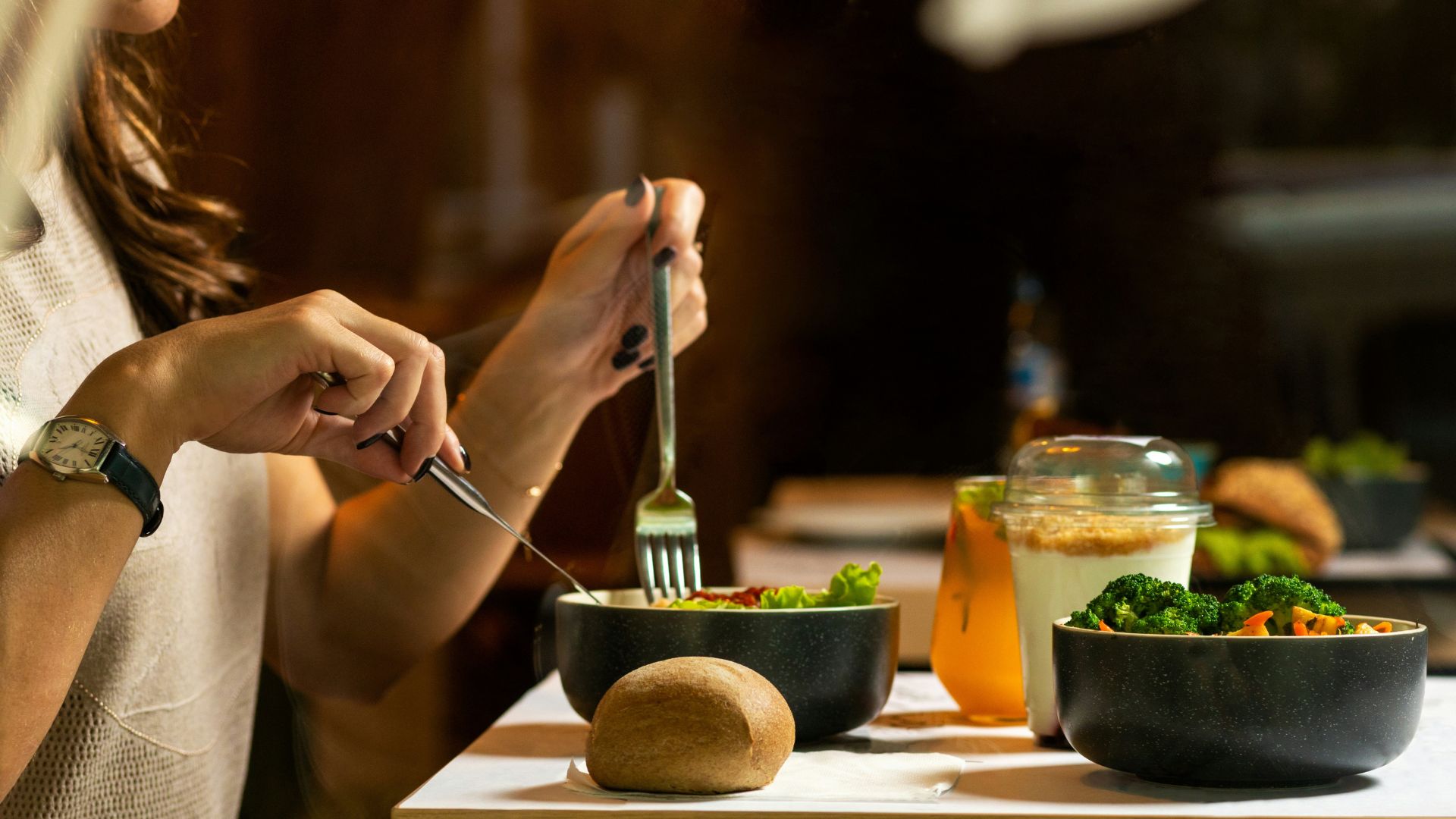
The study looked at more than 100,000 healthcare professionals in the United States and selectively chose people with no history of cancer, cardiovascular disease or diabetes.
The 30-year study asked participants to provide information on their health and lifestyle habits once every two years. Some of the questions included their daily diet, processed food intake, and health status.
Findings
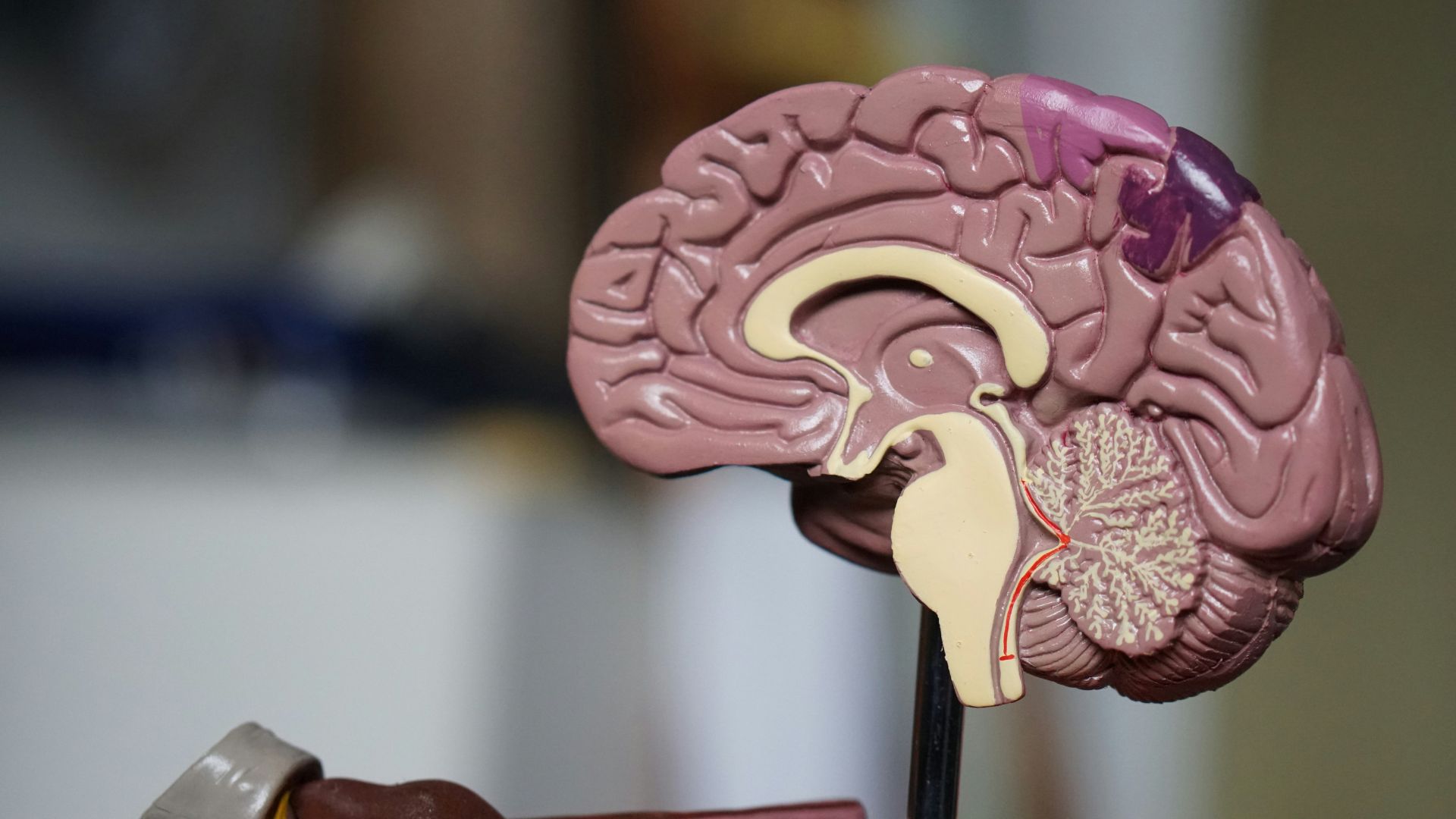
The researchers found that the group that ate the least amount of ultra-processed foods ingested about three servings daily, and the group with the highest intake ate about seven servings a day.
Participants who ate the most amount of ultra-processed foods had a 4% higher risk of death by any cause and a 9% increased risk of neurodegenerative deaths, such as a stroke, Alzheimer’s or Parkinson’s disease.
Only Some Processed Foods To Blame
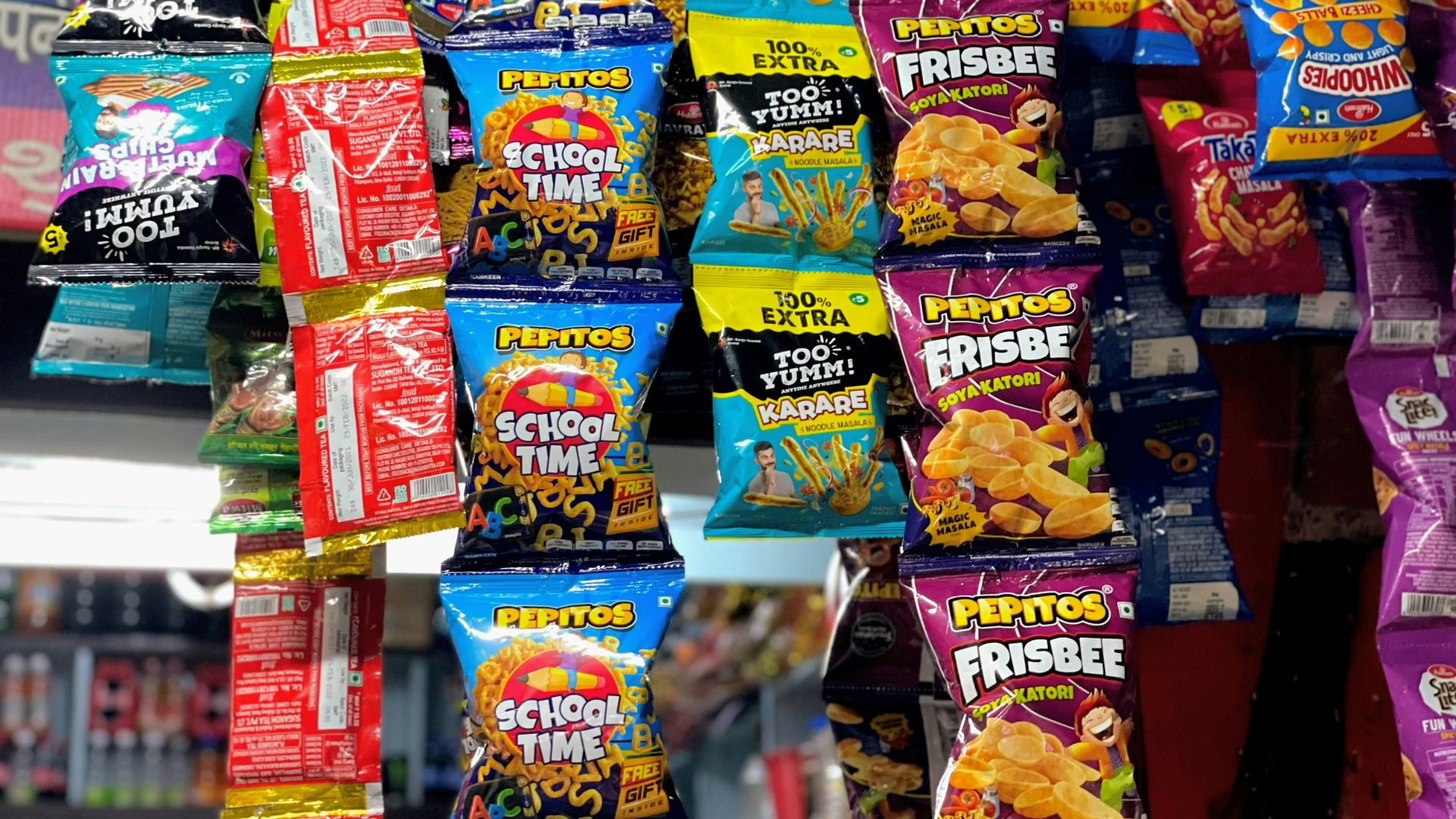
Song noted that the correlation to a high amount of processed foods boded well for the study but added that not all types of processed foods are the same.
“The positive association is mainly driven by a few subgroups including processed meat and sugar sweetened or artificially sweetened beverages,” he said.
Other Studies Prove the Same Thing
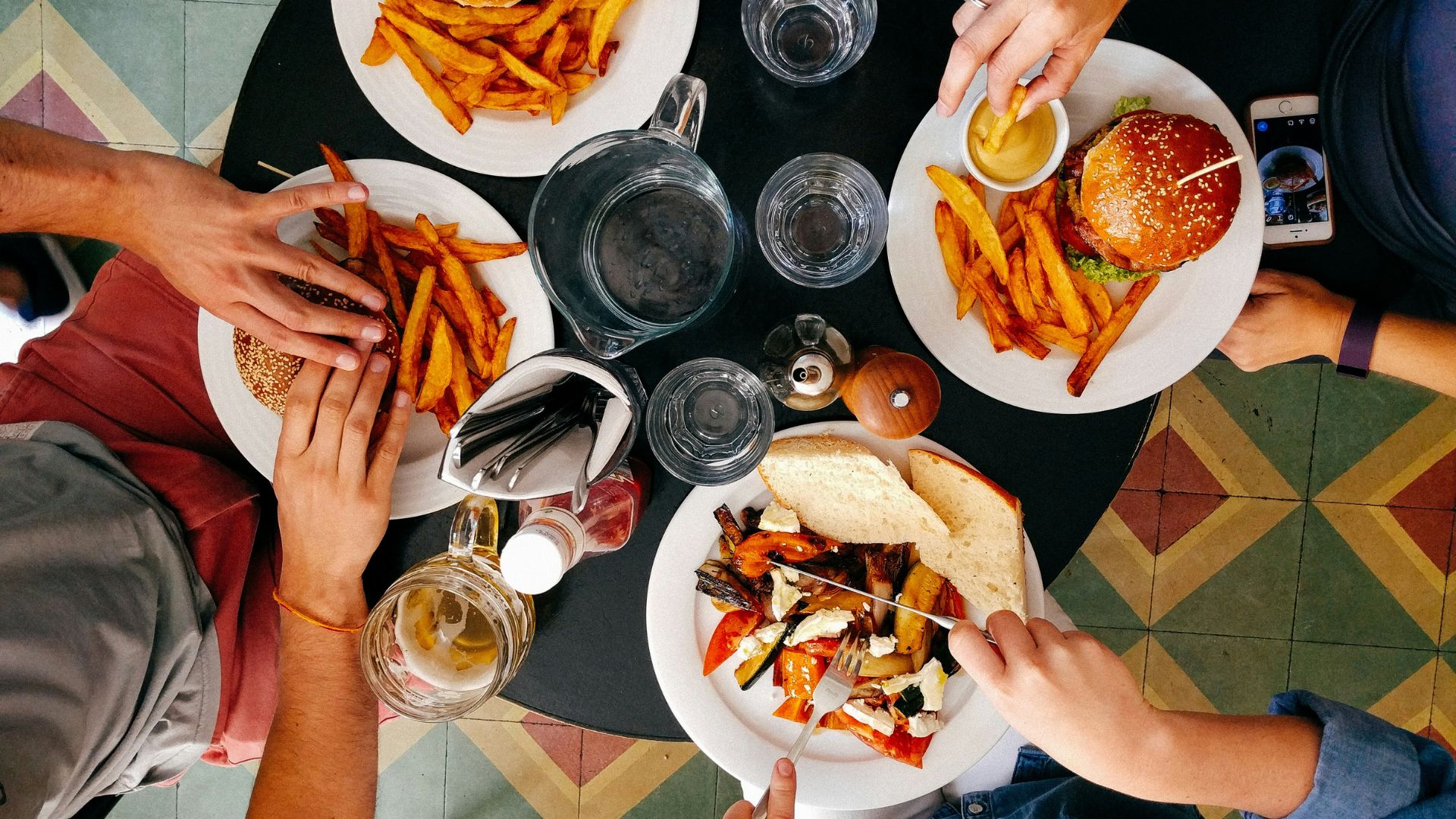
The findings in Song’s study have been backed up by other research on the same subject.
However, this study is special as it separates ultra-processed foods into subgroups to track exactly which foods in this category should be avoided and which can be enjoyed in moderation.
Which Foods You Should Get Rid Of?
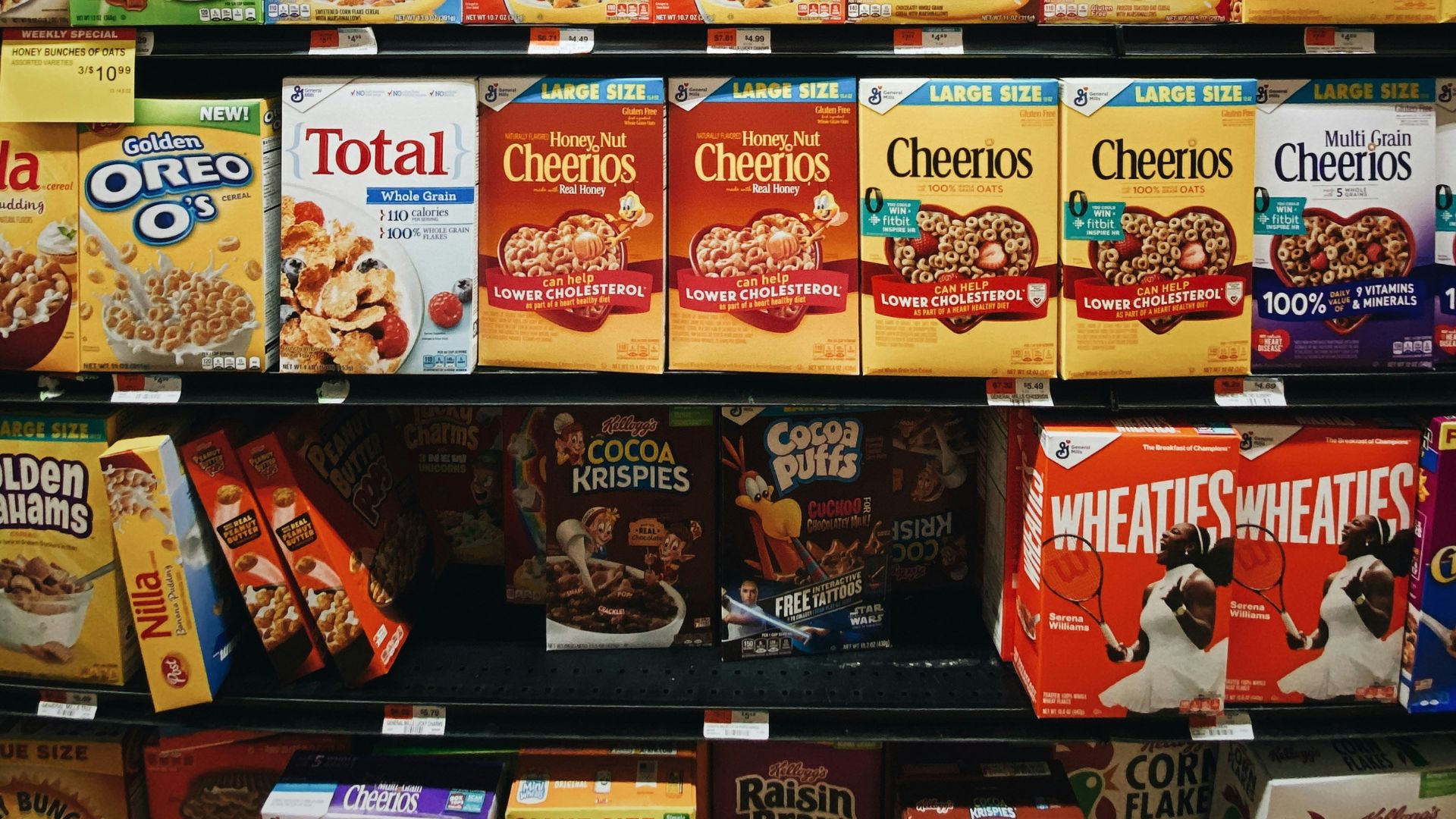
The researchers said that people generally don’t need to completely reject the ultra-processed category, noting that not all ultra-processed foods are built the same.
“Cereals, whole grain bread, for example, are also considered ultra-processed food, but they contain various beneficial nutrients like fibre, vitamins and minerals,” he said. “On the other hand, I do think people should try to avoid or limit the consumption of certain ultra-processed foods, such as processed meat, sugar-sweetened beverages and also potentially artificially sweetened beverages.”
Overall Diet Patterns Are Important

What matters most in this study is a varied diet and a generally low level of ultra-processed foods.
“If people maintain a generally healthy diet, I don’t think they need to be like scared or be freaked out,” Song said. “The overall dietary pattern is still the predominant factor determining the health outcomes.”








































